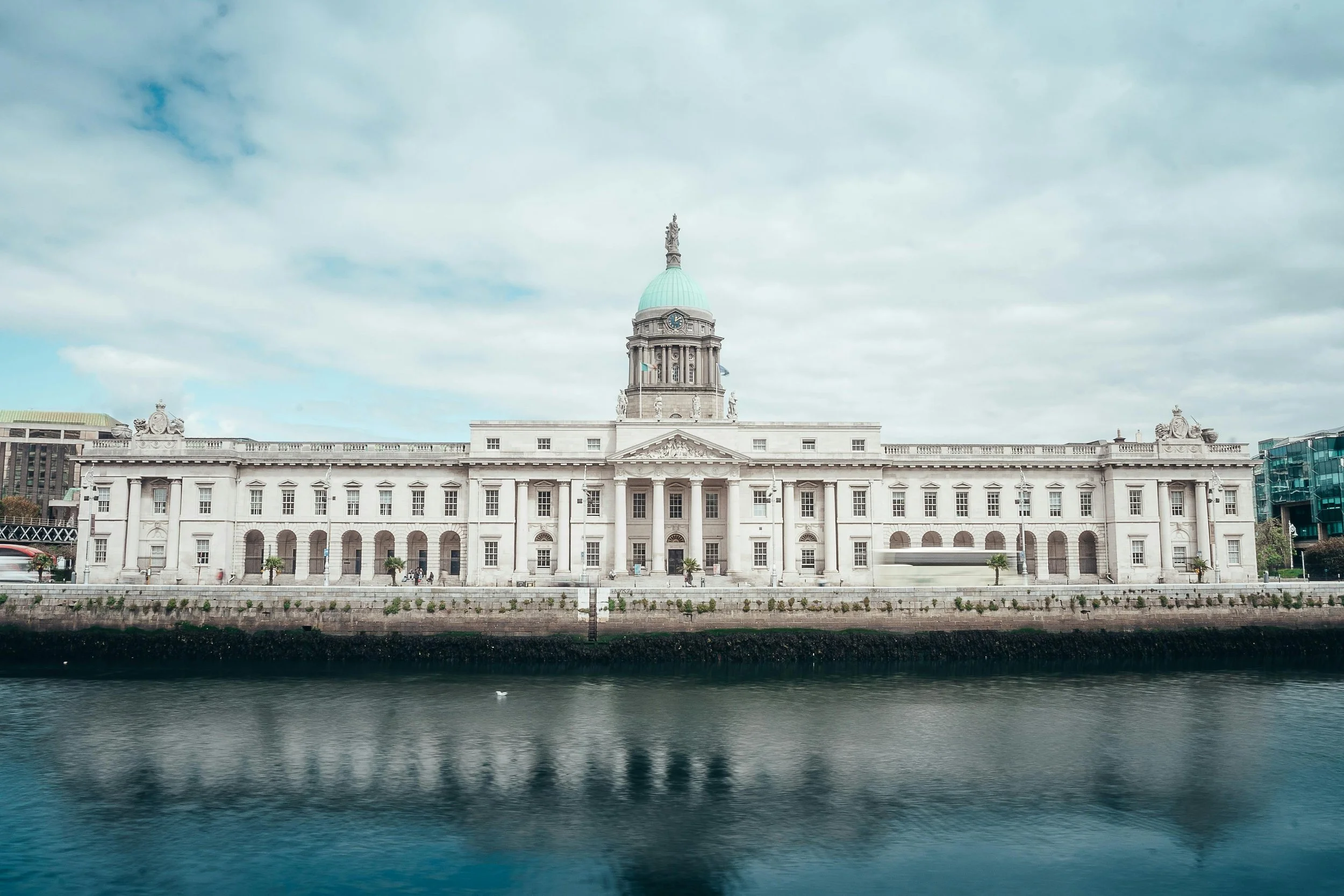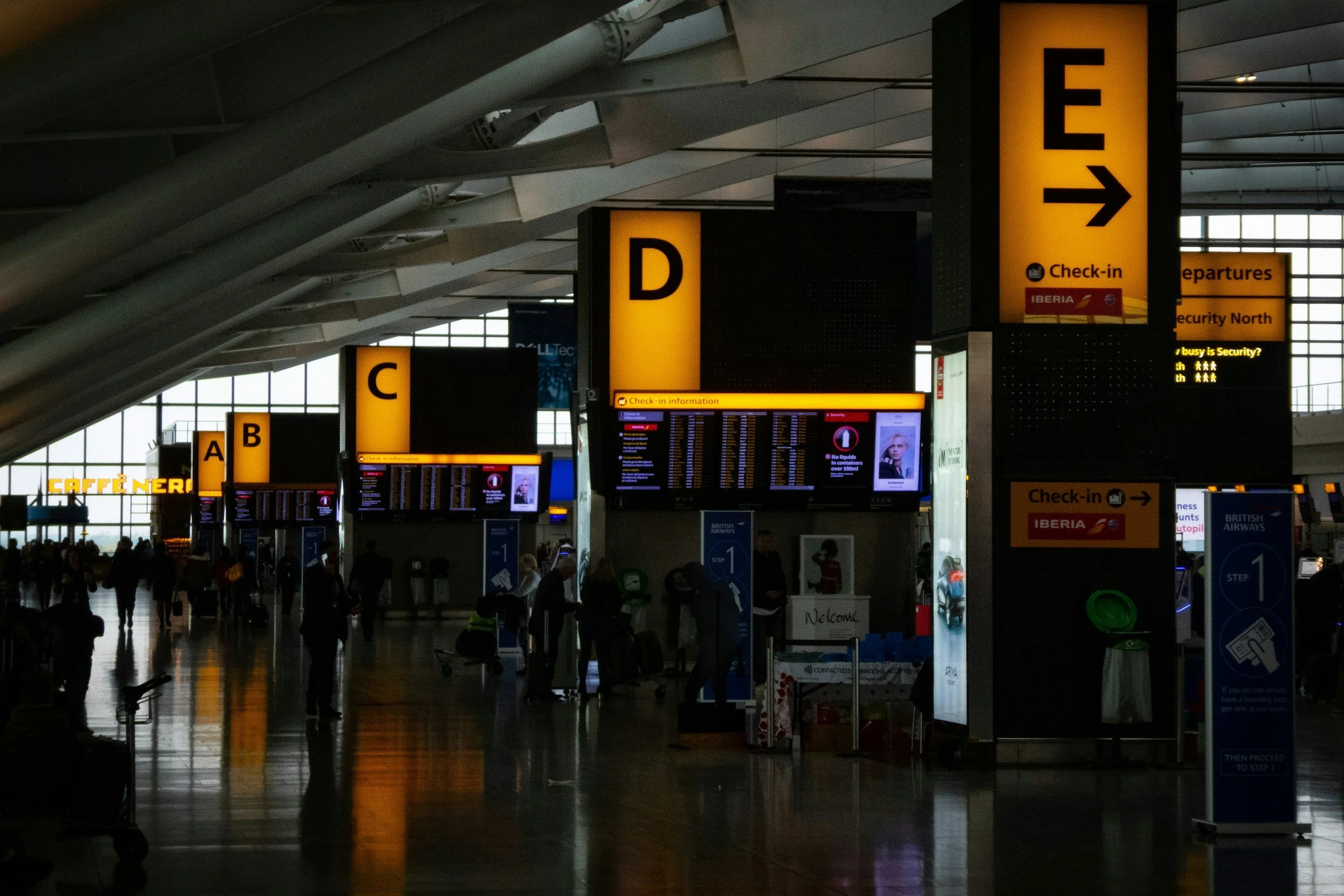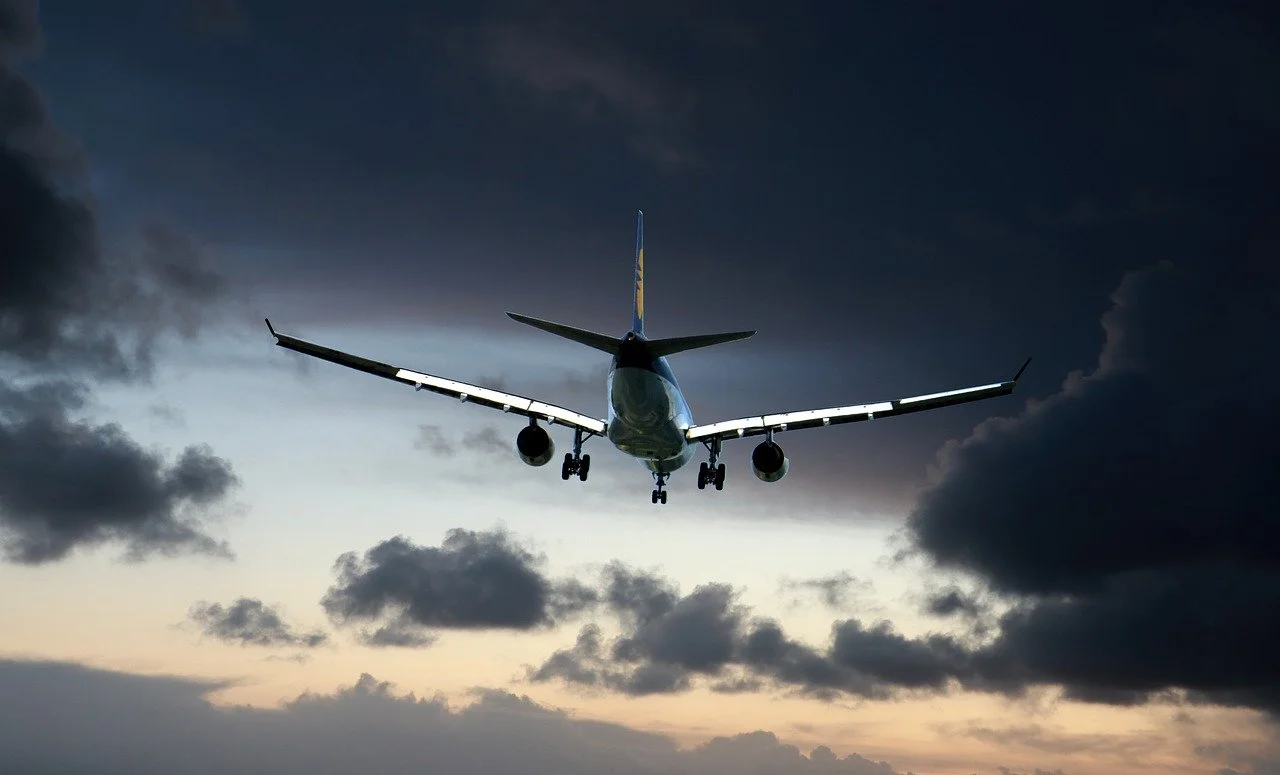You can tax aviation, just don’t spend the revenue saving lives threated by climate change
Aviation companies have spent years cultivating a narrative that suits them: flying is aspirational. So, the last thing they want is a new form of tax that rips that well-established narrative apart, says our CEO Aoife O’Leary.
I recently attended my first Assembly of the International Civil Aviation Organization (ICAO), where Member States and international organisations come together to establish worldwide aviation policy. My main takeaway, rather ironically, has been a learning on how to tax aviation.
A quick guide to aviation tax
Aviation currently pays no fuel tax nor any VAT (value added tax) in Europe, nor equivalent taxes around the world. In recognition of this lack of contribution to general government finances, various countries have brought in passenger taxes.
The UK has the highest passenger tax in the world, called the Air Passenger Duty (APD). It has existed since 1994 directly in recognition of the fact that the aviation industry contributes so little. It is differentiated on the basis of the class of the ticket and the distance travelled, so an economy short-haul flight will pay a lot less than a first-class ticket long haul flight.
Table: APD rates. Band A covers flights up to 2,000 miles, Band B covers up to 5,500 miles and Band C beyond that. The rates are due to increase from April 2026 and full details can be found at https://www.gov.uk/guidance/rates-and-allowances-for-air-passenger-duty.
What is interesting about the APD is that it is a passenger tax – just like the suggested taxes that nine countries recently came together to propose as the Global Solidarity Levies Task Force. France, Kenya, Barbados, Spain, Somalia, Benin, Sierra Leone, Djibouti and Antigua & Barbuda are proposing passenger taxes on private jets, first class and business class tickets. The proceeds would go to support countries around the world experiencing the impacts of climate change, i.e. reducing deaths from excess heat, preventing sea level rise, etc.
The rate of the levy has not been decided, but a supporting study for the Task Force suggested rates could be:
Economy: Short/medium/long haul: €10/20/30 (though it seems the Task Force are not going to focus on economy flights immediately).
Business: Short/medium/long haul: €20/70/120.
Along with suggestions on a fuel levy for private jets and other potential rates.
What is the difference between the UK APD and the Solidarity Levy?
The APD is a tax that has bigger impact and applies not only to the luxury classes of travel, but also economy seats. Whereas Solidarity Levies are comparably lower than the APD but only apply to the more luxury classes of aviation. When it comes to revenue, the money from the APD goes into the general coffers of the UK, whereas Solidarity Levies are going specifically for action on climate.
So, to recap – the APD is a bigger tax that the government spends on whatever it wants, and Solidarity Levies are relatively modest and directed at climate impacts.
Out of these two taxes, which do you think the aviation industry is up in arms about? It’s actually the Solidary Levy – the smaller of the two – that has gotten many of the ICAO delegations angry. This is because while the APD has a bigger financial impact, it is not framed as a climate measure.
Why aviation is scared stiff of switching the narrative
The Solidary Levy suggests that revenues should support climate mitigation. This flies in the face of the accepted narrative the aviation industry has cultivated: that aviation is an aspirational good for us all – for economies, for business, for connectivity. The Solidarity Levy is remarkable because it shifts that narrative.
Climate levies have a moral imperative – aviation is a luxury, used by the wealthy, with avoidable emissions. The industry is terrified of that framing, because it undermines the narrative it has cultivated for decades and is desperate to retain.
We can guarantee that the aviation industry will have lobbied the UK government heavily on the introduction of the APD (ages ago), and continues to do so whenever it comes up for review. But the APD is a known and therefore manageable quantity, and, importantly, doesn’t contain a value judgment – it is effectively just the cost of doing business. The levy on the other hand is still in its infancy and might have a much more transformational impact in changing aviation’s untaxable status around the world. Aviation might just become a polluting industry required to pay for the damage it has done and will do.
I’m definitely hoping that governments step up and join the Solidarity Levy coalition. But the aviation industry will hit back hard. Because while taxing aviation is bad, what is worse from the industry perspective is calling it out for what it is: a polluting industry.
It’s almost as if they are saying, “tax us if you must, but don’t dare say you are going to spend that money protecting people from the impacts of climate change”. Astonishing stuff in 2025.










